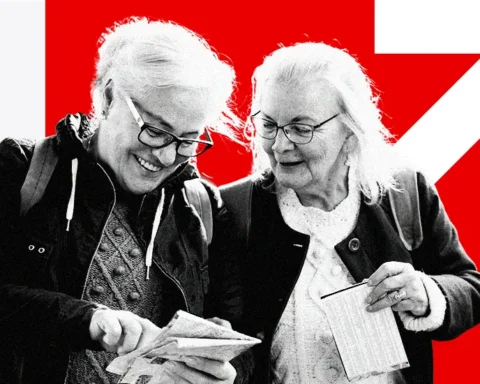The Knesset has approved the first reading of a bill aimed at extending the retirement age for army reservists, ensuring the military’s manpower amid the ongoing war with Hamas in Gaza. This move, however, has sparked controversy, particularly among opposition lawmakers.
Legislative Developments and Opposition Response
On Monday, the Knesset voted on a bill to prolong a temporary measure from last year, which increases the retirement age for army reservists. This bill passed with 51 votes in favor and 47 against. It will now proceed to the Knesset House Committee to determine which other panel will prepare it for further readings. The Knesset spokesperson’s office confirmed, “The proposal, a Defense Ministry-backed ‘draft Security Service Law,’ calls to extend a temporary measure raising the exemption age for reserve military service from 40 to 41 for soldiers and from 45 to 46 for officers for several additional months due to a manpower shortage amid the ongoing war in Gaza.”
Opposition lawmakers have criticized this development, especially as the government works to pass another bill granting sweeping exemptions to mandatory military service for the ultra-Orthodox community. This bill prevents the draft of tens of thousands of potential soldiers, adding to the opposition’s concerns.
Details of the Proposed Extension
The proposed legislation aims to extend the retirement age for various categories of reservists. For soldiers, the age will increase from 40 to 41, and for officers, it will rise from 45 to 46. Specialists such as doctors and air crewmen will see their retirement age extended from 49 to 50. The initial temporary measure, passed late last year, is set to expire at the end of this month. If the bill passes the next two plenum readings, the new measure will be effective through September.
The Knesset statement also noted, “Under the terms of the bill, reservists who reached their retirement ages before the end of last year will only qualify for retirement in December 2024.”
Controversy Surrounding the Bill
The bill’s approval has not been without contention. Opposition members argue that the government’s simultaneous efforts to grant exemptions to the ultra-Orthodox community undermine the fairness and equality of military service obligations. This sentiment is echoed by many who see the exemptions as a way to avoid drafting thousands of potential soldiers, creating a divide in the societal burden of defense.
As Israel continues to grapple with ongoing conflict, the Knesset’s decision to extend the retirement age for army reservists highlights the complexities of maintaining military readiness. While the bill aims to address manpower shortages, it also brings to light significant societal and political debates regarding military service exemptions and equitable defense responsibilities.







